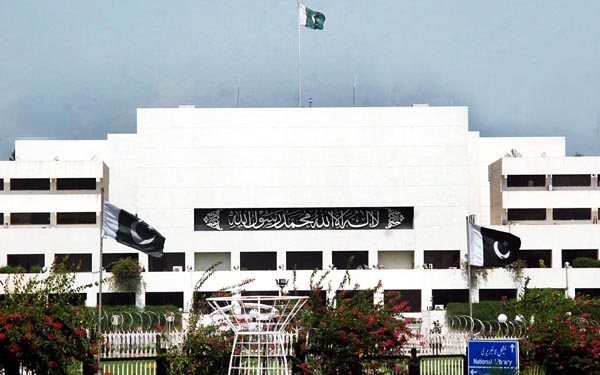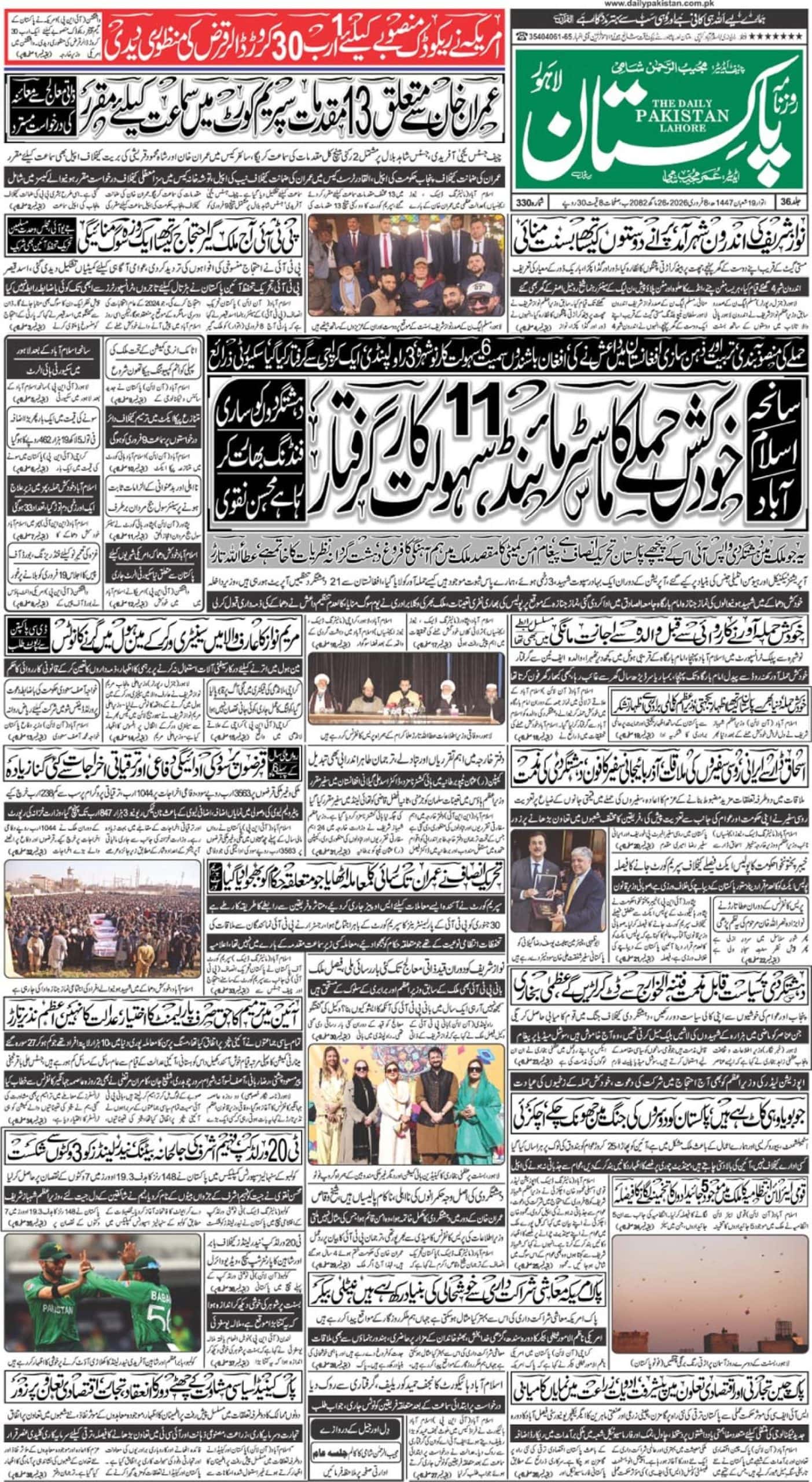ISLAMABAD – The year 2016 has seen Pakistan’s Quality of Democracy slide by 4 percentage points from 2015, according to a report released by PILDAT.
According to Pakistan Institute of Legislative Development and Transparency’s (PILDAT) assessment of Quality of Democracy report, quality of democracy was scored at its highest in 4 years at 54% in 2013.
The scores slid 10 percentage points in 2014 to 44%, jumped a little to 50% in 2015 and then slipped again to 46% at the end of year 2016.
Amongst the problematic areas for Pakistan’s democracy, an uninspiring performance by the country’s parliament and provincial assemblies continues. In particular the National Assembly continues to be sidelined as a forum for debate, discussion and resolution of national issues.

PILDAT’s annual assessment report on Quality of Democracy in Pakistan has stated that ‘it was hoped that 2016 would be the year where Pakistan moves forward towards a positive democratic consolidation through crucially required reforms in key democratic institutions. Instead, the year saw little, if any, improvement in the fundamental functioning of the key democratic institution.
This rendered these institutions largely ineffective in resolving systemic issues behind concerns such as Panama leaks, elected Government’s inability to exercise its constitutional writ on national security and foreign policy domains, and it’s evident failure and perhaps even reluctance in institutionalising consultative decision-making process. What’s more, the system of democratic governance, once again, failed to even raise amongst its various institution’s vital concerns plaguing the country’s journey to peace, equitable growth and prosperity, let alone focus on resolving those to improve the country’s democratic present and future’.
Talking about the performance of the judiciary, PILDAT’s assessment stated that with regards to cases of a civil nature, there is a need to introduce various kinds of alternative dispute resolutions methods.
On the other hand, with regards to criminal cases, there is a need to reform the criminal justice system, along with improving the investigation and prosecution services.
However, 2016 has passed without institution of major reforms in the legal process despite the clock ticking on expiry of the 21st Constitutional Amendment.
Formation of local governments was a positive development that they have been instituted across the country in 2016.
2016 saw the civil-military imbalance deepened further as the military leadership seemed to be taking the leading role on matters of national security and certain domains of foreign policy, with the elected government appearing to act as an auxiliary.













